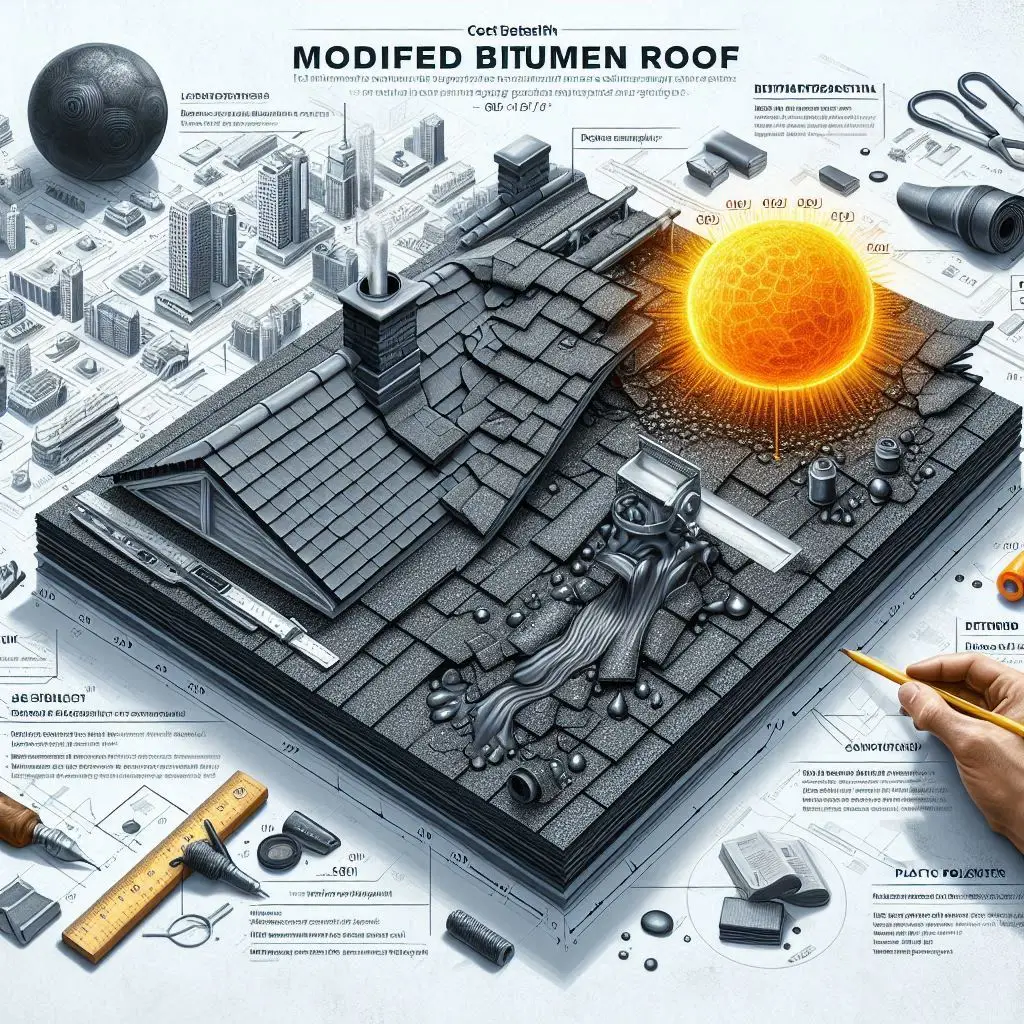
modified bitumen roof system cost detail lifespan
Modified bitumen roof systems are an excellent choice for both residential and commercial properties due to their durability, flexibility, and ease of installation. These roofs are made from asphalt modified with rubber or plastic polymers, making them highly resistant to weather, UV rays, and physical damage. The bitumen 60/70 grade is one of the most commonly used asphalt grades in modified bitumen roofing systems, known for its strength and durability. In this article, we will explore the cost, installation details, and lifespan of a modified bitumen roof system.
Cost of a Modified Bitumen Roof System
When considering a modified bitumen roof, the cost can vary based on several factors such as materials, labor, roof size, and installation complexity. A bitumen 60/70 grade roof is typically more affordable than other roofing systems like slate or metal, making it a cost-effective option for long-term use.
The cost typically includes materials, labor, and any additional services. The base material—bitumen 60/70—is a high-quality asphalt that provides excellent resistance to wear and tear. For most roofing projects, the labor cost is influenced by the complexity of the installation, with flat roofs or roofs with many obstructions costing more due to the time and expertise required.
While the initial investment might seem higher than other types of roofing systems, the long lifespan and minimal maintenance needs of modified bitumen roofs make them an economical choice in the long run. To get an accurate cost estimate, it’s important to consult with professionals who can assess your roof’s specific needs.
Modified Bitumen Roof Installation Details
The installation of a modified bitumen roof requires precise attention to detail to ensure a durable and long-lasting result. For the bitumen 60/70 roofing system, surface preparation is a key first step. The roof surface must be clean, dry, and free of debris to allow the material to adhere properly.
The installation process begins with the application of a base sheet, followed by a cap sheet. The base sheet is typically applied using hot asphalt or adhesive, creating a secure and moisture-resistant foundation. The cap sheet, which serves as the top layer, provides additional protection from weathering and UV rays.
Seams and edges are crucial areas that need extra attention. These parts are sealed with heat to ensure a watertight barrier. This attention to detail during installation is essential for preventing leaks and prolonging the life of the roof.
Additionally, flashing is applied around roof penetrations, such as vents and chimneys, to prevent water infiltration. The use of bitumen 60/70 ensures that the roof is both strong and flexible, withstanding temperature fluctuations and harsh weather conditions.
Lifespan of a Modified Bitumen Roof System
One of the main advantages of a modified bitumen roof is its long lifespan. When installed correctly, it can last anywhere from 20 to 30 years or more. The bitumen 60/70 grade is known for its durability, resisting both physical damage and environmental factors like UV rays, making it an ideal choice for long-term roofing solutions.
Several factors influence the lifespan of a modified bitumen roof, including the quality of installation, the materials used, and the maintenance practices. A well-installed roof will prevent moisture from penetrating the system, which is crucial for preventing damage over time.
Regular maintenance plays an important role in extending the life of your roof. Ensuring that drains are clear, seams are sealed, and there are no cracks or holes in the roofing material will help prevent damage and prolong its lifespan.
Proper drainage is another essential factor in maximizing the lifespan of a modified bitumen roof. Standing water can cause premature deterioration, so it's vital to maintain a proper slope and ensure that water flows off the roof efficiently.
Why Choose a Modified Bitumen Roof?
A modified bitumen roof system offers several benefits, making it a popular choice for many building owners. The bitumen 60/70 grade enhances the roof's resistance to extreme weather, UV rays, and physical damage, ensuring that it lasts for years without requiring extensive repairs.
The flexibility of the modified bitumen material allows it to adapt to a variety of roof shapes, including both flat and sloped roofs. This makes it a versatile option for many different architectural designs. Additionally, the ease of installation helps reduce labor costs, making it a cost-effective solution for both residential and commercial buildings.
Conclusion
A modified bitumen roof system, particularly one using bitumen 60/70, is an ideal choice for those seeking durability, flexibility, and a long lifespan. While the initial cost may vary depending on the complexity of installation and materials used, the long-term benefits of a modified bitumen roof make it an economical choice. Regular maintenance and proper installation are key to ensuring that your modified bitumen roof provides reliable protection for 20 years or more. For anyone considering a roofing system, modified bitumen, especially with bitumen 60/70, offers a great balance of performance and value.

